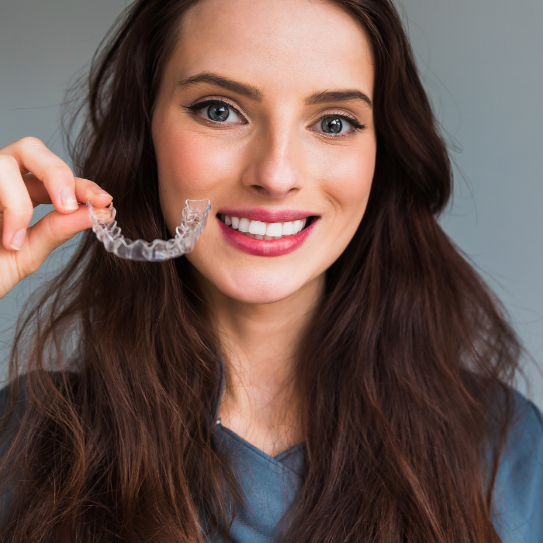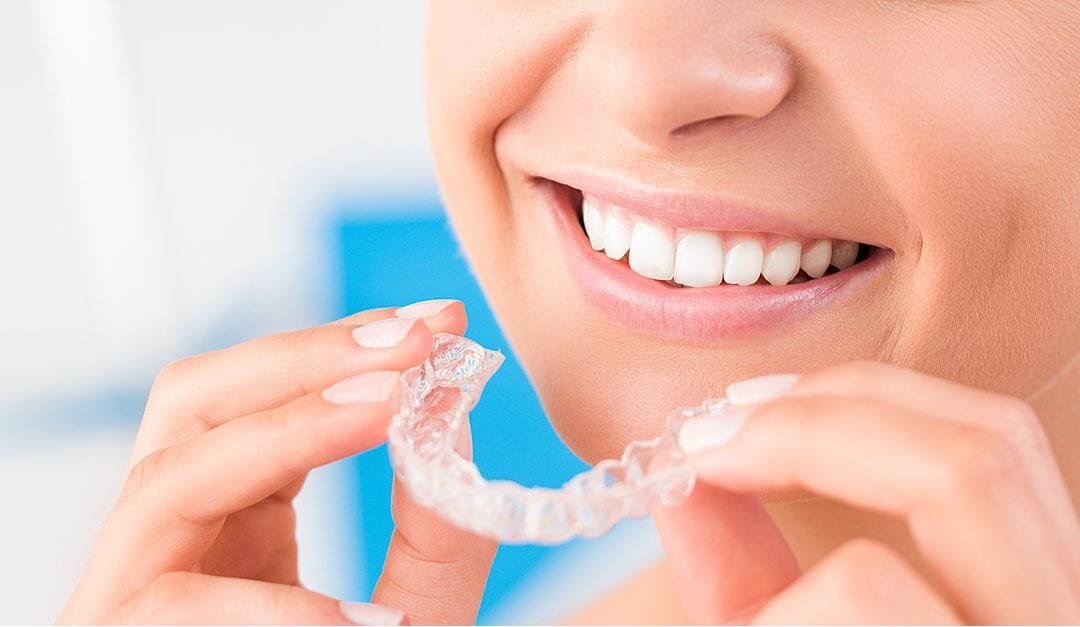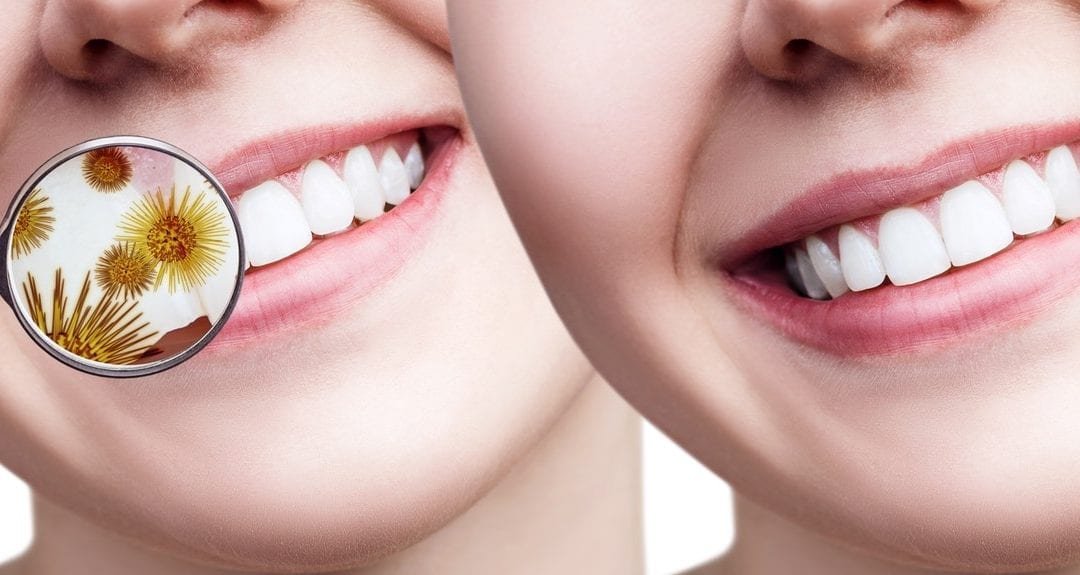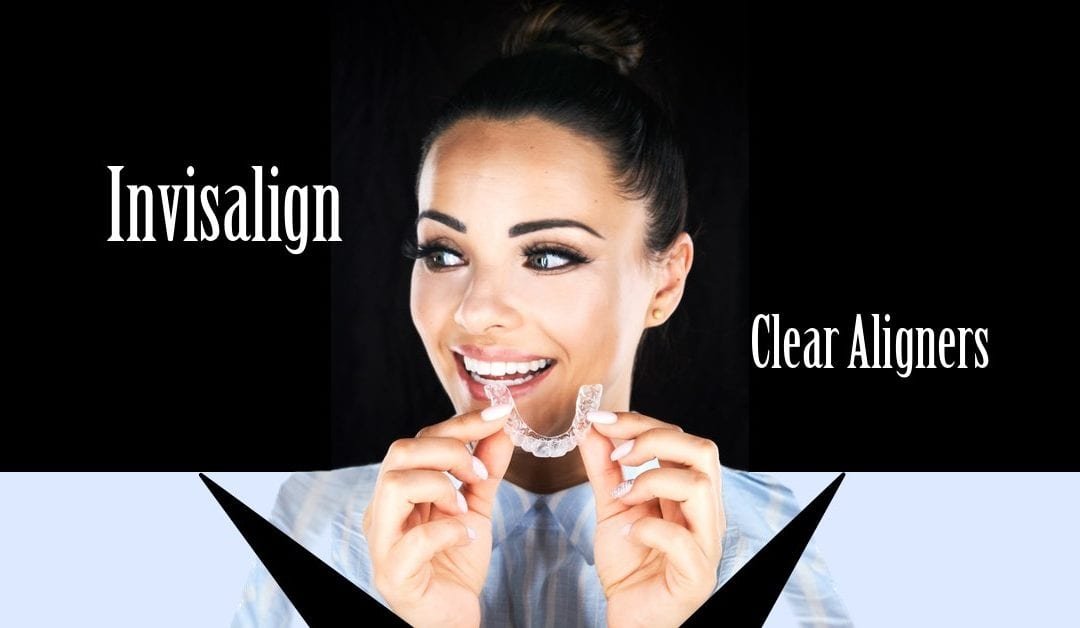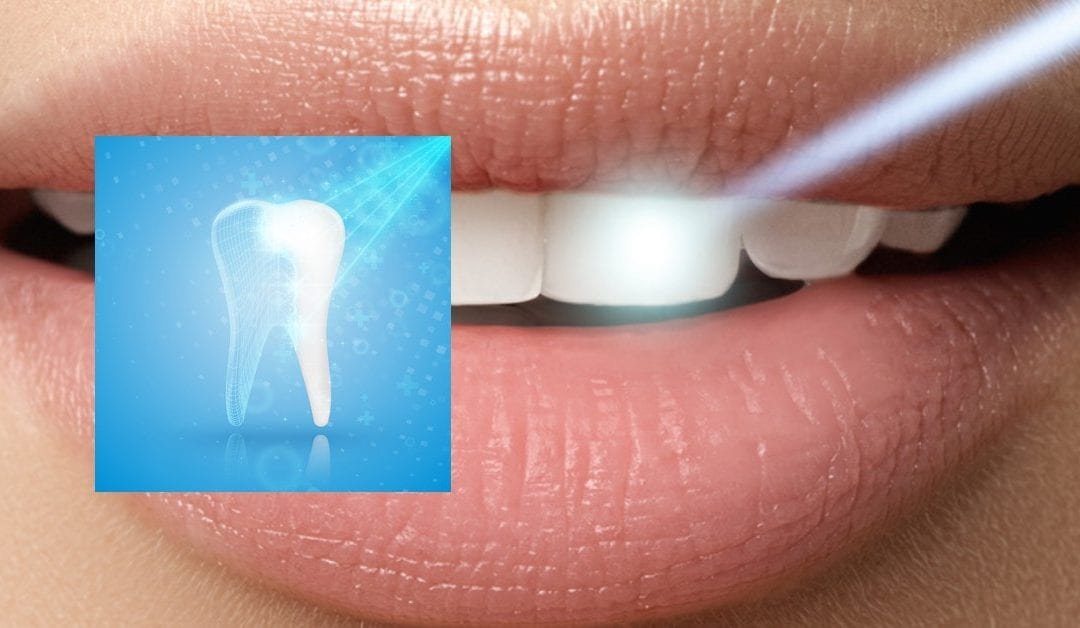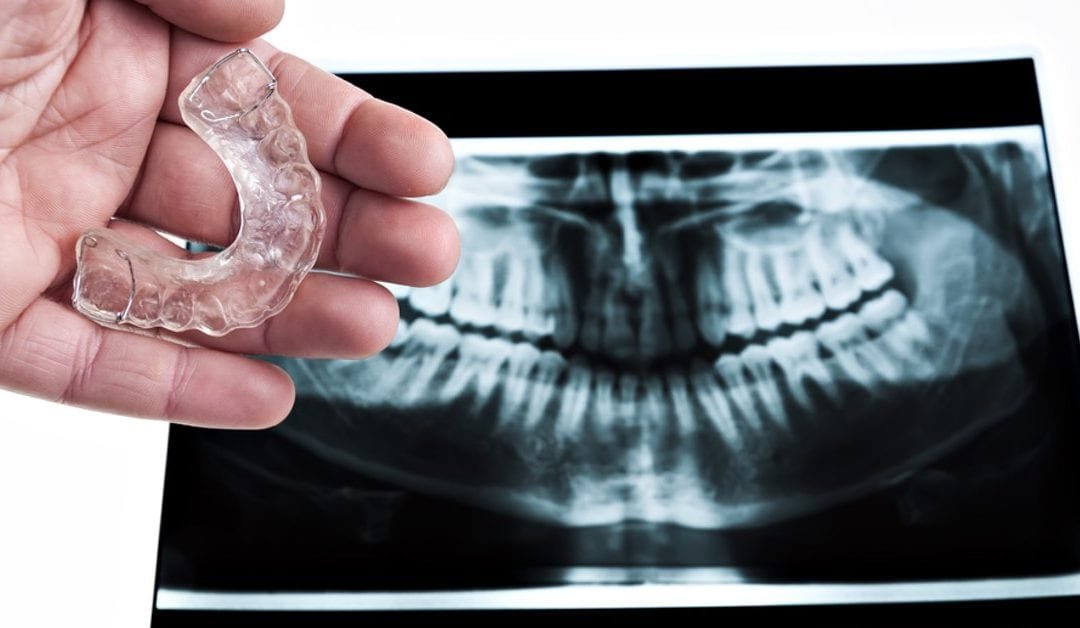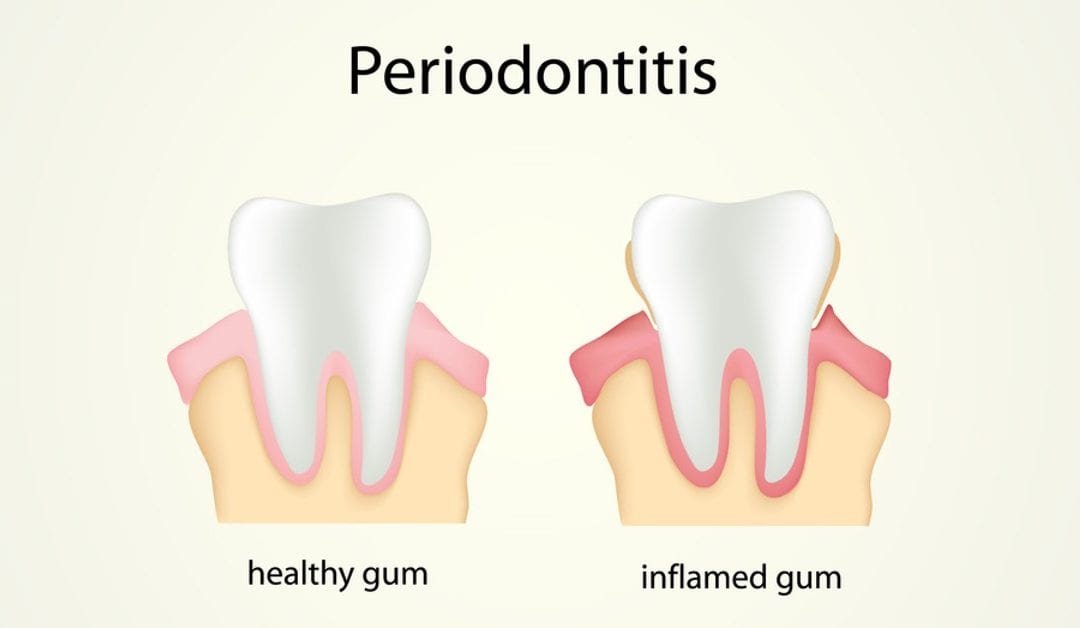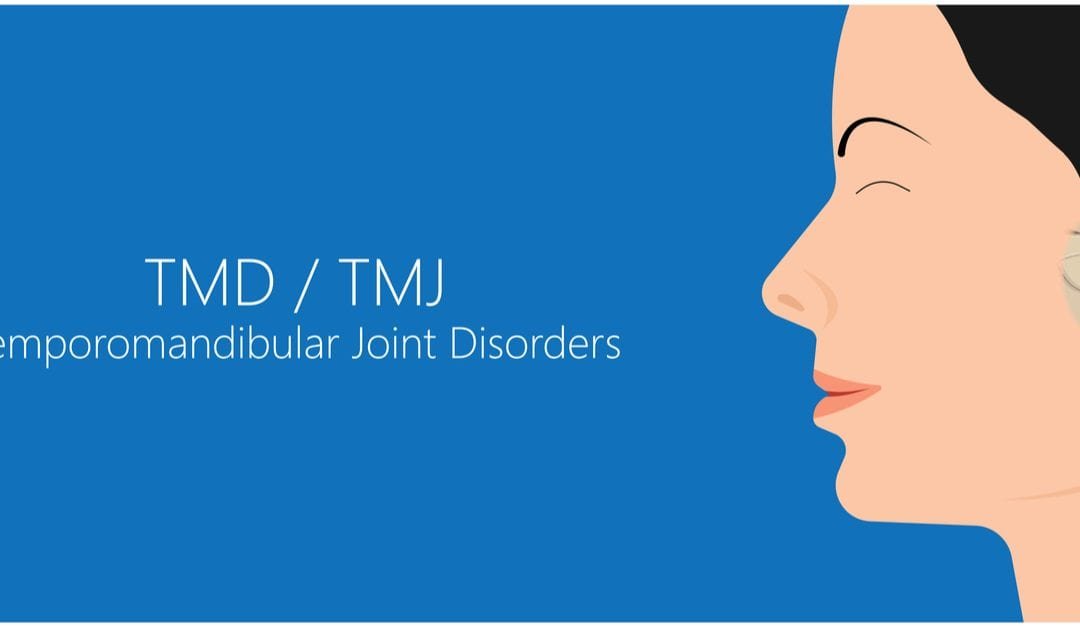
The advent of reality TV has exposed many people to veneers and bonding. Some people scoff at getting cosmetic enhancements to their teeth. But they serve a purpose. Veneers and bonding cover up a multitude of sins you may have put your teeth through over the years. If you are thinking of getting dental bonding or veneers, here is some information to help you decide.
Is Bonding the Same as Veneers?
Even though you can use both products to cover up faults in your teeth, bonding and veneers are different. Here we discuss dental bonding vs veneers.
Bonding
Bonding is a composite material that a dentist places over a defect in a tooth. It is frequently used to repair a chip or a crack in a single tooth. For example, people crack or chip their teeth playing sports. A dentist can shape a bonding to cover the chip and restore the look of the tooth. You can also use bonding if there is a tooth that is discolored because of an injury or an accident. Sometimes teeth that have received a blow lose their pearly white color and may look gray. Teeth can also be discolored because of medication. Bonding can restore a tooth color to match your other teeth.
Dentists use bonding for other purposes as well. Many people have gaps between their front teeth. Others have gaps between other teeth they think are unsightly. Bonding can make those teeth appear right next to each other. Bonding can also repair a fracture line that may make a tooth appear discolored or disfigured.
Does Dental Bonding Damage Teeth?
Dental bonding does not damage your teeth. However, it is not as strong as natural teeth. You will need to be careful when you are biting down on hard objects. The good news is if you do happen to break off a piece of bonding, a dentist can reapply it. Bonding is a great solution for people who need to fix a problem with one tooth.
Veneers
Veneers are different than bonding. While bonding is composite that is colored to be similar to your natural tooth, veneers are porcelain shells. Dentists cement these shells onto your natural teeth. Dentists have used veneers for more than 80 years to hide tooth defects or change the look of a tooth. They can cover all kinds of issues. People who have many teeth that are chipped or cracked will often have them covered with veneers. Veneers can also cover up teeth that are not shaped correctly or are poorly spaced. People who have discolored teeth because of medication or medical treatment, such as chemotherapy, may get veneers.
Do Veneers Ruin Your Teeth?
Many people are under the impression that veneers ruin teeth. While a dentist cements them onto your teeth, they do not ruin the teeth underneath. You should know that once you have veneers placed on your teeth, they are permanent. That means if you choose to get veneers, you will have to get them replaced if they break or crack. This isn’t likely to happen, especially if you take care of them. Don’t chew ice or use your veneers to open things with your mouth. Be sure that you are still practicing good oral hygiene once you get veneers. You will need to brush and floss twice a day. Visit the dentist’s office twice a year as well, so that he or she can clean and check them. If you take care of them, veneers can last you a lifetime.
If you want to talk to someone about dental bonding vs dental veneers, contact Maiden Lane Dental. We are in the Financial District of Manhattan, NYC. We would love to you have join our long list of happy patients.

